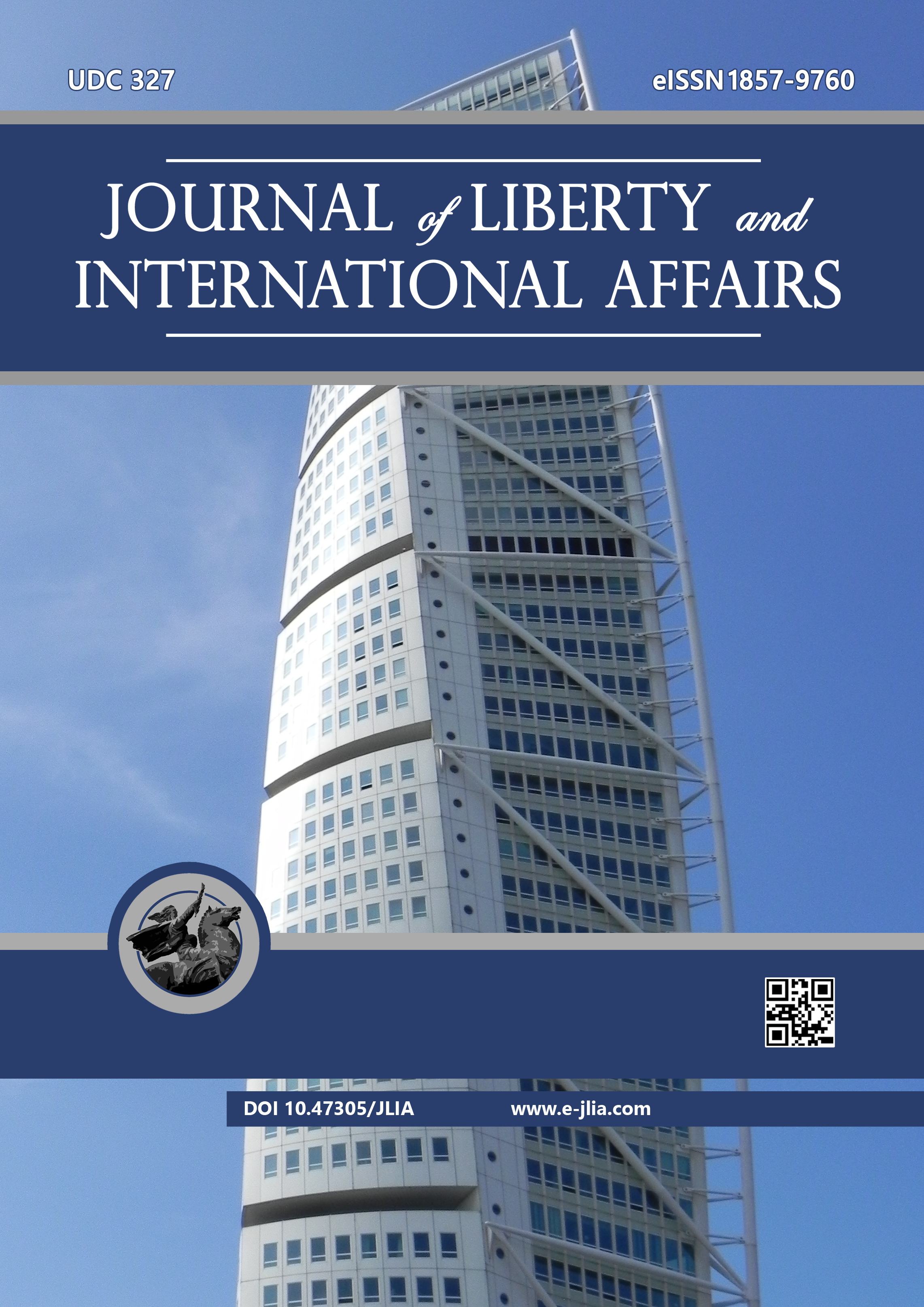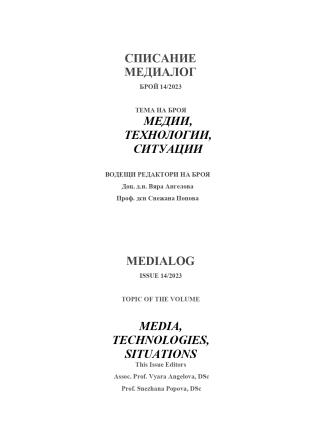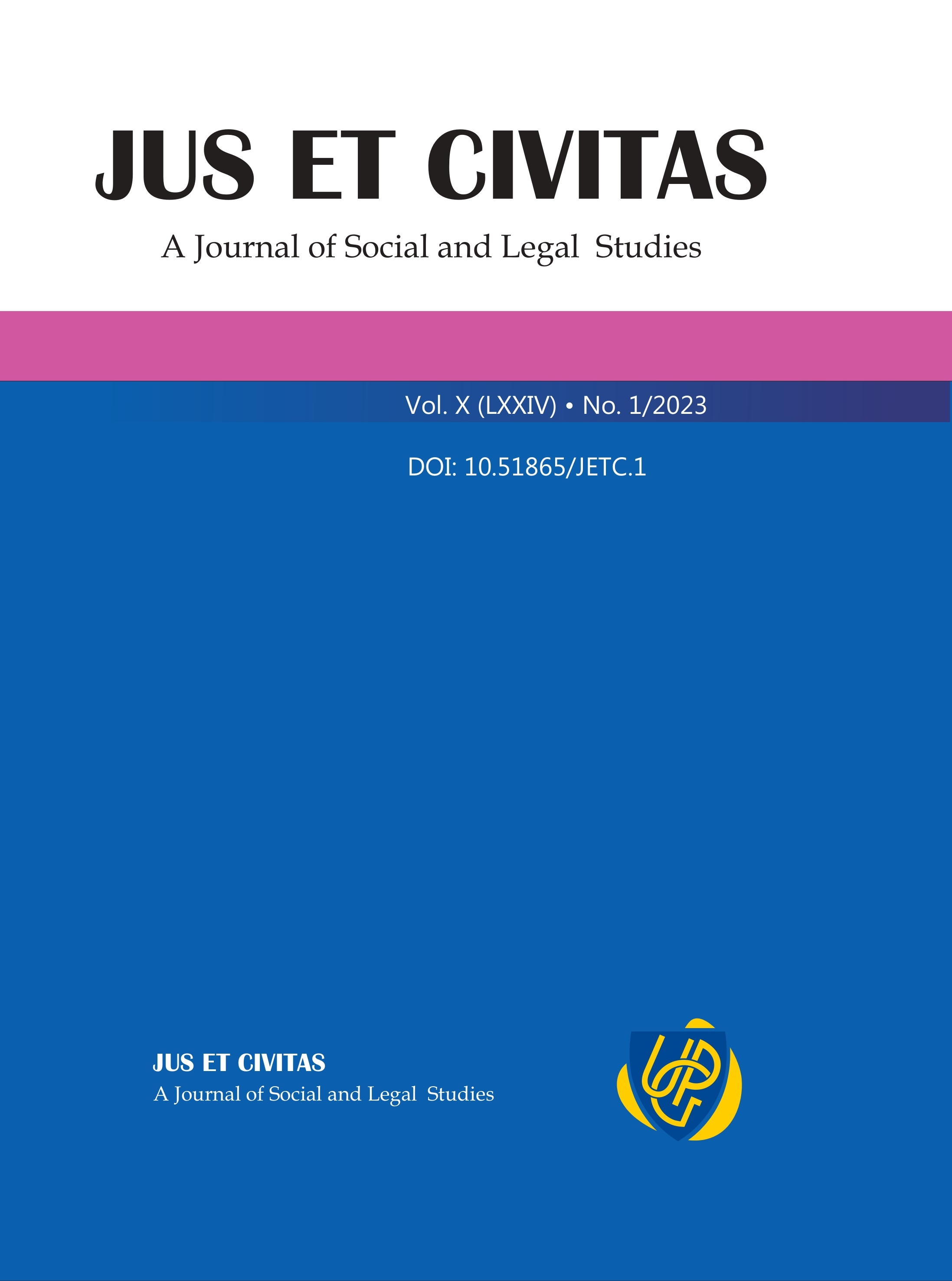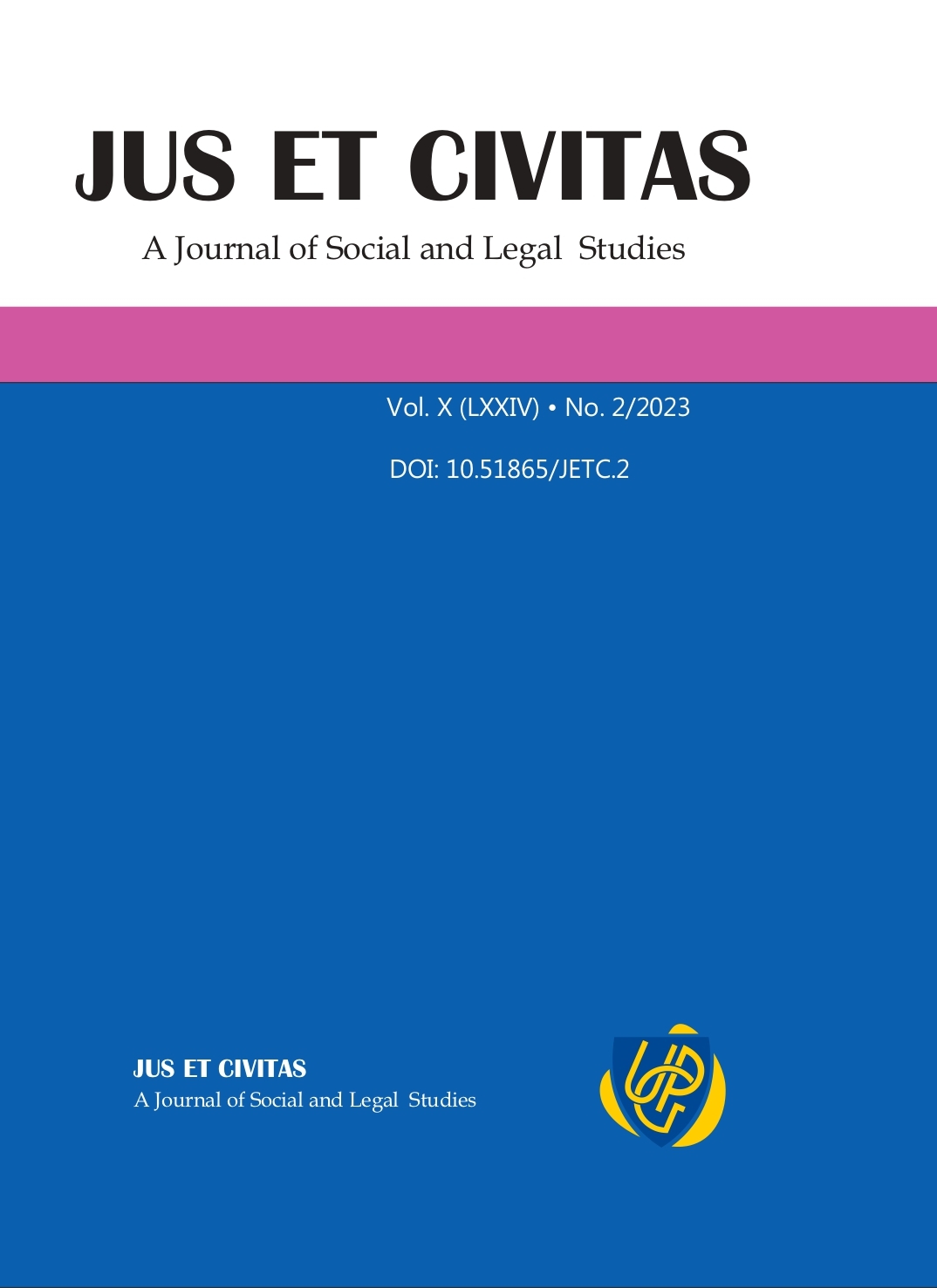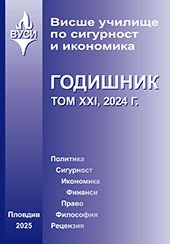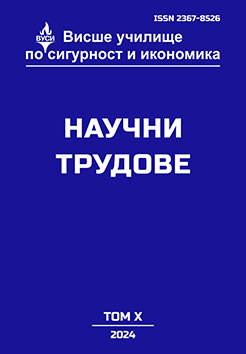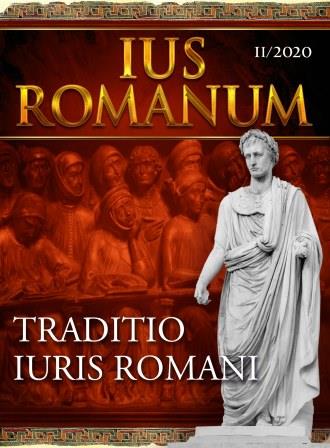
TRADITIO IURIS ROMANI IN SERBIAN CIVIL CODE
In 2009, was the 165th anniversary of the adoption of the Serbian Civil Code. Some of its regulations, like those concerning bequests, are still in effect as positive law. Let this serve as one of many examples of its continued relevance through history. The Serbian Civil Code was adopted in 1844. It was the fourth civil code in Europe. It was modeled on the Austrian Civil Code and introduced Serbia into the German legal circle. Roman Law, its tradition and reception, was a fundamental component of Serbian law since its earliest existence. It was founded on the Roman-Byzantine legal tradition. Through Saint Sava’s Nomocanon, written in 1219, it became the positive law in effect in Serbia. Later, with the adoption of Dusan’s Code in 1349, the tradition of Roman-Byzantine law was perpetuated. In the XIXth century, Serbia undertook civil codification much earlier than many more developed countries. Nevertheless, with the introduction of private property, all traces of feudalism were removed from Serbia, which cannot be said of many other states in that same period. Thus was paved the way for Serbia’s faster development of finance and commodity relations and in consequence of other spheres of life. Serbia built its relations with other countries quickly and thrivingly.
More...
